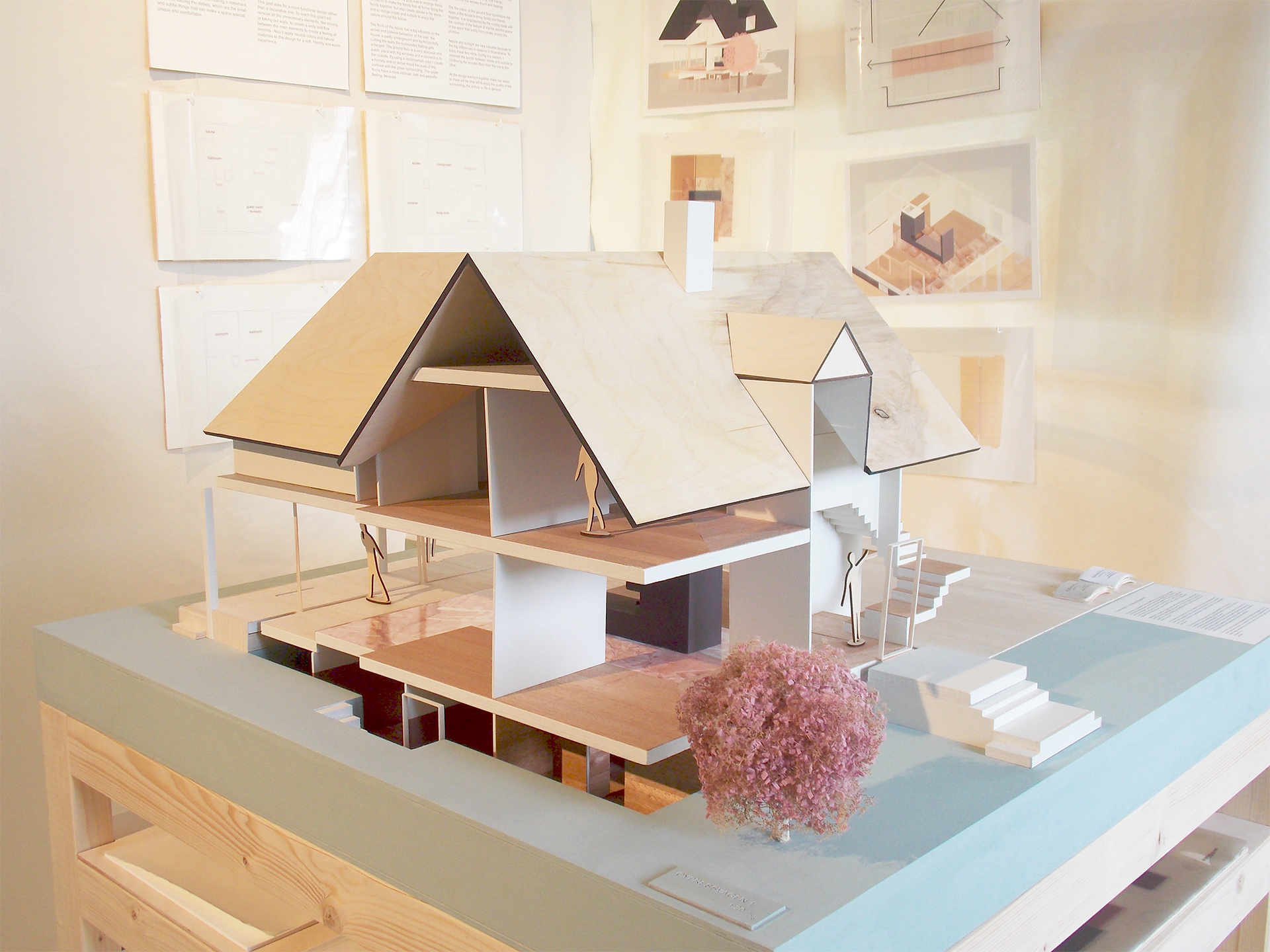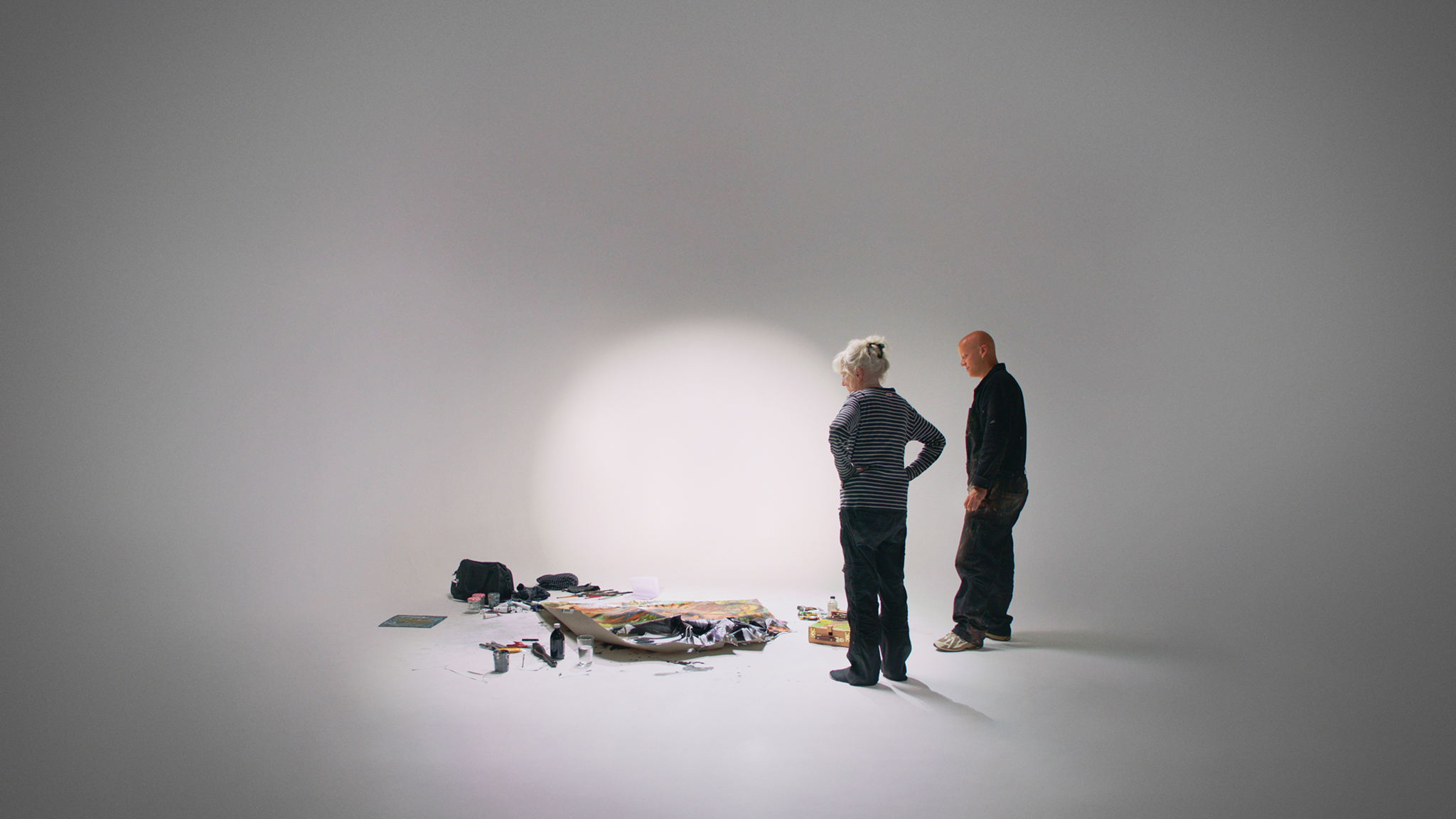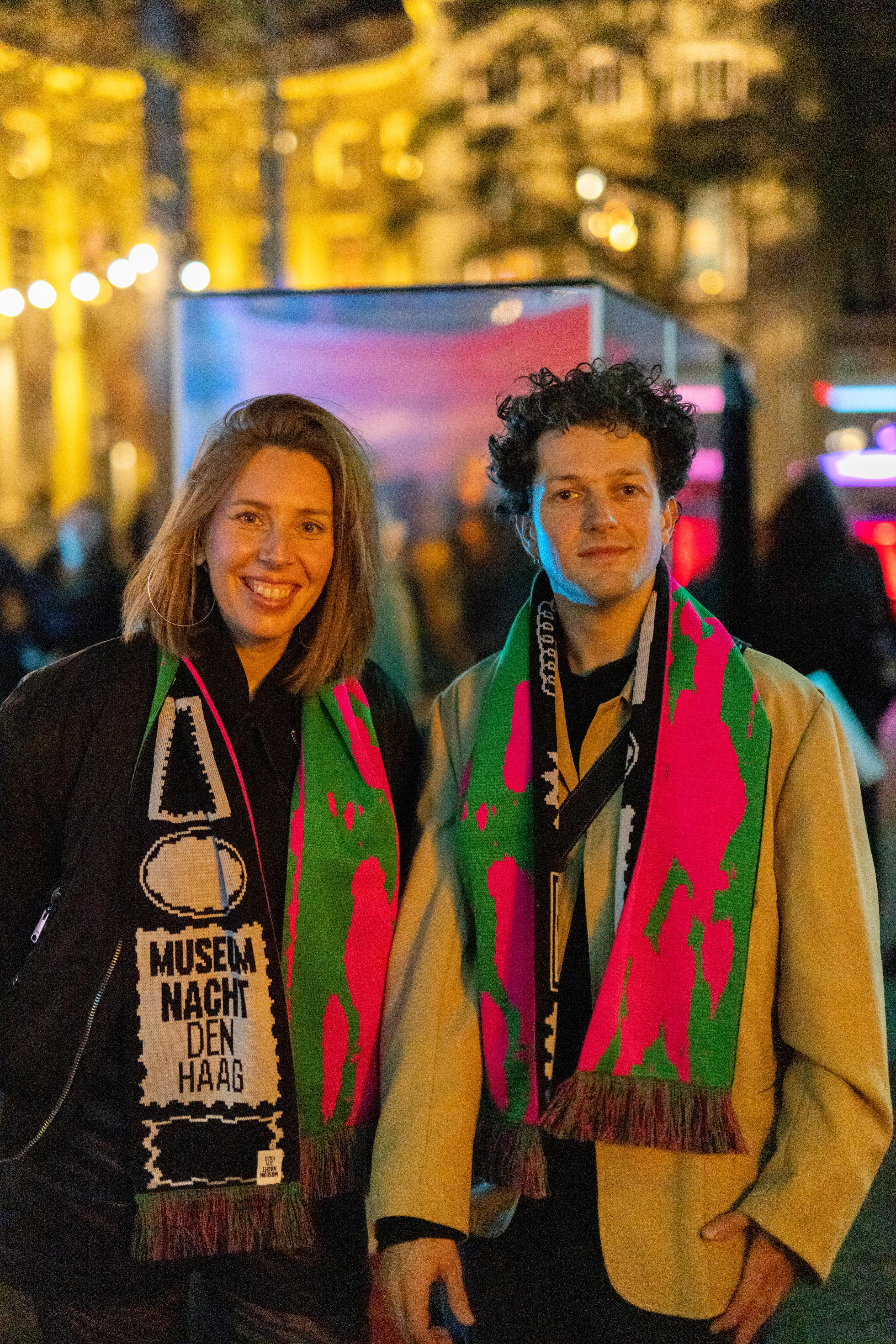Elke van Eeden is a Theory and Research tutor at WdKA. With over 25 years of teaching experience and a practice grounded in both photographic theory and creative woodworking, she brings a thoughtful, human approach to the classroom. And a deep appreciation for the power of both words and materials.
Can you tell us about your background, what brought you here?
I didn’t grow up around art. No one in my family was involved in it, but I knew from a young age that I wanted to go to art school. I studied autonomous visual arts in Tilburg, with a focus on three-dimensional work. But I missed the theoretical side. So I added a teacher training programme while I was still a student and started teaching at 21. That was 25 years ago.
I’ve taught all kinds of students, from drawing lessons for asylum seekers to academic theory courses. At first, teaching was more of a practical choice than a passion. But I found my place here at WdKA. I didn’t expect to go back to teaching, but after finishing a Master’s in Art History - focused on photography and theory - I was invited to join the Photography department as a theory tutor. It turned out to be the right fit. I love the students here, and I value the autonomy I have. It's fascinating to work with people at the very beginning of their creative careers.
What is your field of expertise?
My own practice combines photography and woodwork. Both were already part of my graduation installations at the art academy. Photography appeals to the cognitive side of me;I’m fascinated by how we interpret images, how they shape society, and how we relate to them. Woodworking, on the other hand, is my intuitive joy. It’s tactile, immediate, and deeply satisfying.
During the COVID lockdowns, I enrolled in a furniture-making program. That really re-energized me, especially after a difficult period personally. Working with my hands again brought me a lot of positivity and I also started writing again.
Though most of my students only know me through theory classes, I still have a very active practice. I split my time: three days at WdKA, two days in the workshop. That balance is crucial for me.
What do you love about teaching?
When I teach, I lose track of time. I’m fully in the moment. I love telling stories, having real conversations with students, and creating a space where different perspectives can collide and expand. Photography makes this easy: images are everywhere, and everyone has a relationship with them. There’s always something to discuss. And those conversations are where the magic happens.
How does your own practice feed into your teaching?
My woodwork is very much a form of research-by-making. I need that hands-on balance to complement the theoretical work I do at the academy.One technique I love is steam bending: exposing wood to steam until it becomes pliable, then shaping it around a mold. I did it for the first time three years ago, and it was a revelation. You’re bending something that technically shouldn’t bend. A perfect metaphor for life, really: it bends or it breaks.
In class, I bring this same spirit into discussions about image culture, the sociology of images, and critical texts. I love sparking dialogue in the room - inviting students to think deeply and speak honestly.
How would you describe yourself as a tutor?
According to one of my former students, I’m “too kind.” I do tend to be flexible with deadlines and understanding of students’ situations. I’m not the best with rigid structures but I bring empathy, and I think students feel that.
At my core, I’m quite introverted. I don’t share a lot about myself easily. But I hope my passion for the subject comes through loud and clear.
Is there something students might not know about you that you’d like to share?
I’m not an open book, but I do think it’s important to talk about mental health and depression, especially as a teacher. There’s more space now for students to discuss their wellbeing, which is a good thing. But for staff, that conversation still feels a bit invisible. We’re expected to always be “on,” and that’s not always easy. I’d really welcome more attention for staff wellbeing too - supportive workshops, honest conversations. It’s something we all need.
Final thought?
Balance is everything. Between theory and making. Between giving and recharging. Between bending and breaking. Find what gives you energy and don’t be afraid to shape your own rhythm.


